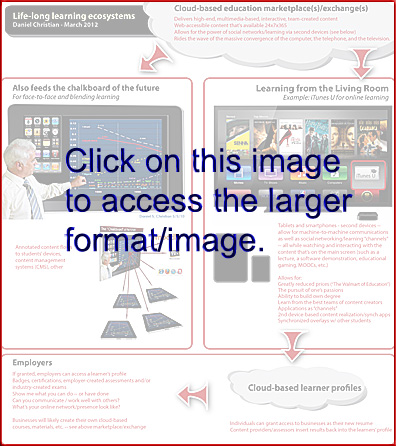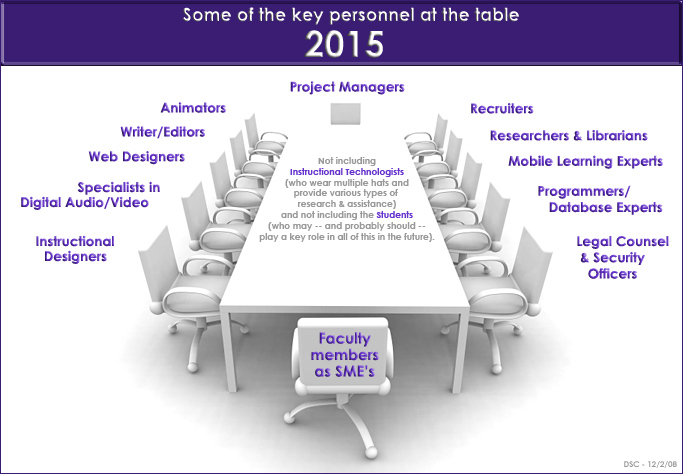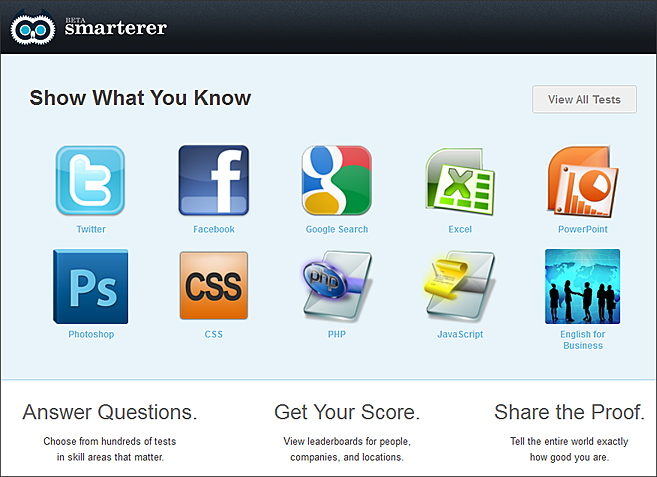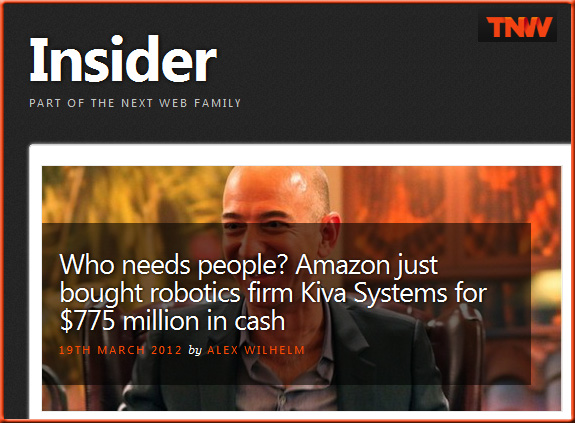From DSC:
Yesterday, I introduced a vision that integrates a variety of trends and emerging technologies that I’ve been keeping an eye on.

Today, I want to focus on what this means for jobs, employment, career development — especially as it relates to higher ed and the corporate world.
As the trends are pointing out, there will be teams of specialists — with a variety of skillsets required — and each of these team members will play a different role. Some of these positions are captured in the graphic immediately below:
(many for-profit schools already have that table set)
.

Within higher ed, the extent to which this affects faculty members depends upon how these teams are formed. If faculty members don’t go along with this, institutions will likely reach out to adjunct faculty members — or contracted firms/help — to fill the gaps. Unless there are some other distinguishing factors, those institutions who don’t move towards a team-based approach will become irrelevant. It will be increasingly difficult for one person to develop the content that can compete with a team of specialists. Also, organizations of excellence — who have higher initial development costs — will be able to spread these costs out over a global pool of students — resulting in a significantly cheaper alternative. Organizations who don’t move in this direction may find that the pipelines coming into their institutions continue to get smaller.
There will be new jobs available — and changes to some existing jobs — as well, such as:
- Virtual tutors
- Virtual field trip guides (picture a person with some type of mobile device capturing a variety of places, events, talks, etc. in another country).
- Curators
- Technical support personnel specializing in building and supporting these platforms
- Data analytics professionals
- Artificial intelligence specialists
- Specialized programmers
- User interface designers
- User experience designers
- …and more
Roles may be altered for professors, teachers, and trainers. But teaching others how to discern quality information will likely continue to be important.
Employers may end up developing their own curriculum/cloud-based apps. Apprentices, interns and prospective employees will be able to access these materials, with the understanding that they will be assessed at some point.
The web-based learner profiles will demonstrate where someone has been — and where they are currently at.
That’s it for now, but I will be jotting down further thoughts re: this vision from time to time.
.
















